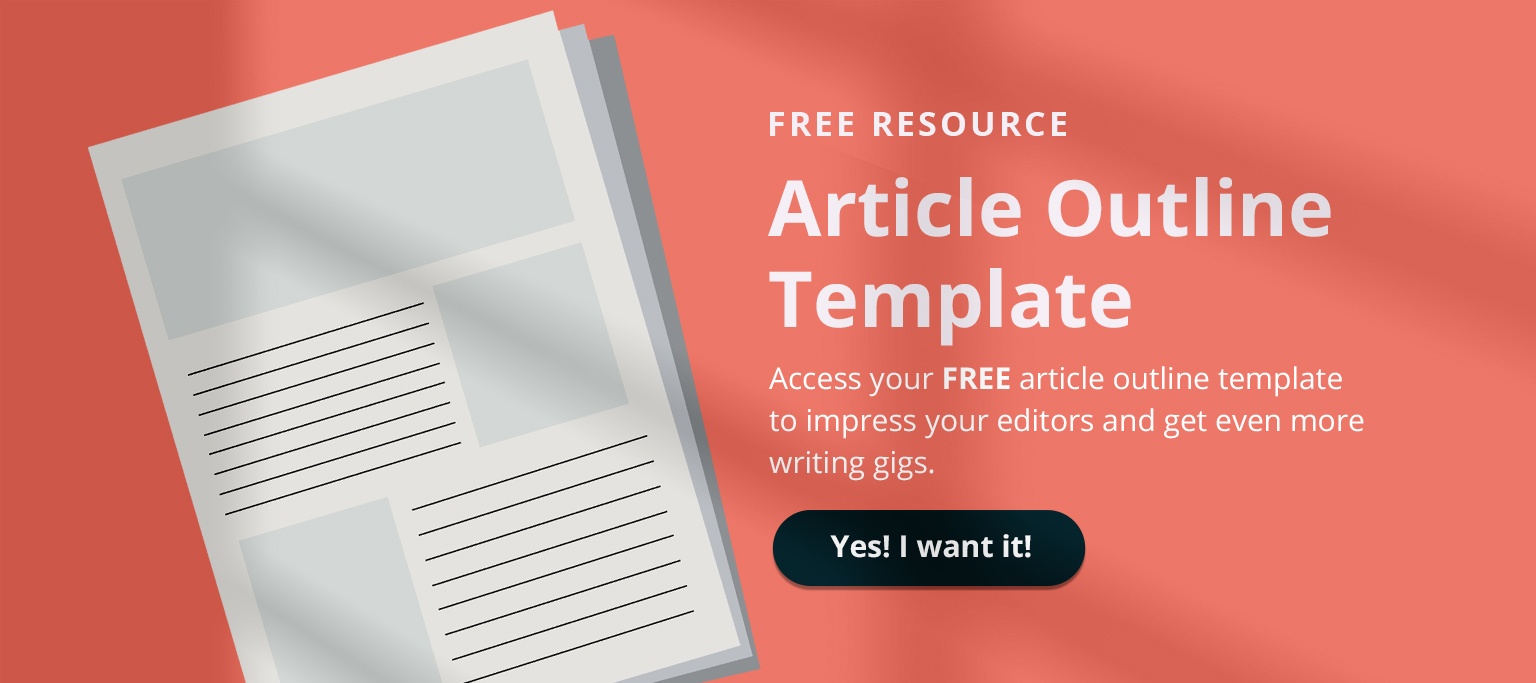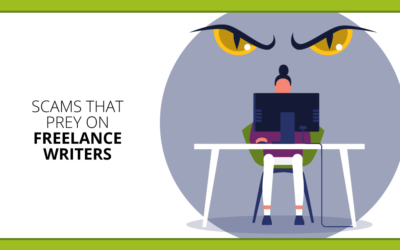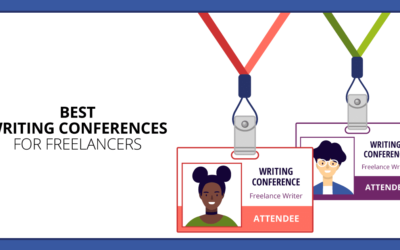If I had a copywriting tips guide to follow when I landed my first job, it would have saved me a lot of suffering.
(Mum, dad . . . please look away now.) I’m afraid to say it, but my expensive university education and a degree in English didn’t prepare me to write words that sell.
When I finished school in 2001, I was lucky enough to land a copywriting job at a huge media company. And to be perfectly honest, I thought I’d find the job pretty straightforward.
But it wasn’t. Making the transition from writing academic papers to crafting commercial copy was really hard.
The truth: I used to be quite a horrible copywriter. And I don’t mind admitting it now.
I had to learn to write differently. I studied pro writers, copywriting tips, and the best ad copy. I tested and evaluated copywriting strategies to see what worked and what didn’t. I learned how to write words that sell.
Now, I’m keen on helping others make a living writing. These three copywriting tips will help you create better content.
Table of Contents
- Tip #1: Use Conversational Language
- Tip #2: Make a Good First Impression
- Tip #3: Know Your Target Audience
3 Copywriting Tips to Craft Words That Sell

How did I go from writing about Shakespeare, the Victorian era, and Medieval literature to writing copy for well-known UK brands like Sky, Three, and Vodafone? I had plenty of bang-my-head-against-the-wall days trying to figure it out.
Fortunately, copywriting is a skill you can learn. And you don’t have to do it the hard way, like I did. These copywriting tips will help you.
Copywriting Tip #1: Use Conversational Language
Once upon a time, I read Stephen King’s book On Writing: A Memoir of the Craft.
Now, if it’s writing advice you’re after, then this book is worth its weight in gold. Who better to turn to, than the king of the page-turners? (See what I did there?!)
I’ve always remembered King’s advice on vocabulary.
Many experts tell aspiring writers to “stick to what you know.” But King takes this a step further. He stresses the need to use the actual words we’d normally express in our everyday lives.
In other words, write what you know in the way that you speak. Or to say this another way, use a conversational style to write copy. Take a look at the best marketing campaigns today, and you’ll see lots of punchy, conversational language used to build brand awareness and generate sales.
I found King’s advice refreshing and comforting. Forced, stilted copywriting doesn’t work. But that’s what happened when I tried to apply all the formal rules of academic writing at my new job. This type of conformity doesn’t suit copywriting in the business world. Quite simply, conformity doesn’t always deliver results.
Essentially, the most powerful words aren’t the ones that get readers to reach for a dictionary. They’re the ones that are persuasive, impactful, and influential. That’s copywriting. Impressionable, expressive copy only comes through having the freedom to be yourself, take some chances, and be willing to make mistakes.
Though our current Freelance Writers Den bootcamp-all about improving your copywriting-is almost over, when you join the Den, you’ll get access to that course, as well as hundreds of hours of other trainings we’ve created over the years. Get on the waitlist today!
Copywriting Tip #2: Make a Good First Impression
Perhaps the earliest lesson I learned about copywriting in the business world is how the appearance of words plays a huge part in how effective they are.
Consider typography, for instance. Fonts are essentially clothes for your words. If you were heading out for an important meeting or a nerve-wracking first date, you’d consider what you were wearing.
After all, first impressions are important.
The same goes for your words, no matter what they need to achieve. You can review and improve your copywriting by asking yourself a few simple questions:
- Does your work look text-heavy and intimidating, featuring long paragraphs and heady words?
- Do you space out your sentences and allow for a fast, pleasurable read?
- Do you vary the pace of your writing, mixing up longer and shorter sentences?
- Do you use headings (and subheadings) in a way that keeps your readers reading?
Information overload is all around us. Serve up just about any piece of content these days, and people will be looking for a reason to bail out and do something else. You know your words have to work hard. Give them the chance to succeed and use copywriting strategies like shorter sentences, headings and subheads, bullet points, and questions to stimulate thought and engagement.
Copywriting Tip #3: Know Your Target Audience
The most successful businesses use copywriting to manipulate us in one way or another.
From well-positioned sweets at the grocery store check-out to the timely coupon in the mail, we may not even notice what they’re doing half the time.
While we’re all different, the human brain is actually pretty predictable. This really highlights the importance of copywriting.
No matter what objective your words are trying to achieve, understand your target audience. Get to know what makes them tick. What do they like? What sort of language do they use? Take the time to really understand your client and their audience, and your copywriting can make a big impact.
Master these copywriting tips, and you’ll scoop up more client work. The world of copywriting has changed quite a bit since the days of direct response, long-form sales letters and there’s a greater demand than ever before. Take some time to learn this new landscape, and you’ll reap the rewards.
Need help improving your copywriting skills? Let’s discuss in the comments.
Matt Press has been a copywriter for major UK brands including Sky, Three, and Vodafone. He’s on a mission to help small businesses with their marketing strategies.










